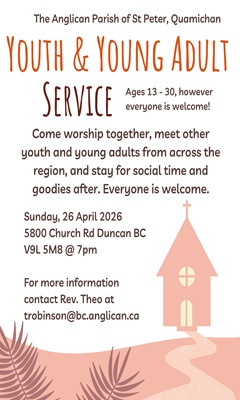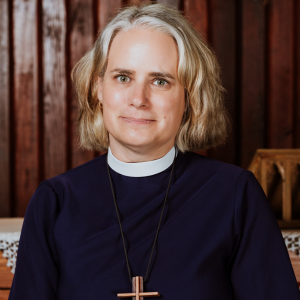During the month of January, the lectionary worked its way through some of Paul’s first letters to the church in Corinth. We heard Paul remind the church that “to each is given the manifestation of the Spirit for the common good” (12:7), and also, we are all “baptized into one body — Jews or Greeks, slaves or free — and we were all made to drink of one Spirit” (12:13). We also had the timeless passage from chapter 13 (4–8):
“Love is patient; love is kind; love is not envious or boastful or arrogant or rude. It does not insist on its own way; it is not irritable or resentful; it does not rejoice in wrongdoing, but rejoices in the truth. It bears all things, believes all things, hopes all things, endures all things. Love never ends.”
As lovely as these passages are, we must remember that they were written because the church in Corinth was in conflict. It was characterized by petty divisions and power play, by egos and infighting.
While organizations like to define themselves by their espoused values and mission statements, there are many who say that the culture of an organization is defined not by the aspirational values it espouses but by the worst behaviour that it tolerates. As we continue to wrestle with the horrors of residential schools, the truth of this statement is all too real.
Too often the church has perpetuated, tolerated and turned a blind eye to despicable behaviour. We have avoided facing — in ourselves and in others — the reality of sin. We have not wanted to admit to others and to ourselves the ways in which our beloved institution, which is supposed to incarnate love and unconditional acceptance, is broken and sinful.
Paul’s letters remind us that the church has never been a perfect institution. We have always been in need of self-reflection and repentance, of grace and forgiveness so that we may embody the love of Christ. We also need “guardrails” or a set of terms by which we hold ourselves accountable. In the Anglican church some of these guardrails are found in our canons and constitution, while others are articulated in our policies and guiding documents.
For example, part of having a position of authority and responsibility in this diocese is participating in Safe Church training and agreeing to abide by our other policies and procedures around bullying, harassment and privacy. These documents are one tangible way by which we live our love for one another as the body of Christ.
This is the time of year when churches have annual meetings and elect new people to positions of authority and trust; a time when we welcome wardens, treasurers and parish council members. Each of them, in taking on these roles, is expected to read and then live into these policies and procedures. I am grateful for all those who offer themselves in this way, as members of the one body. Thank you for joining me in our shared work of making our churches safe and loving places where all of God’s children can live out their gifts and find a safe home in which to worship and serve.



